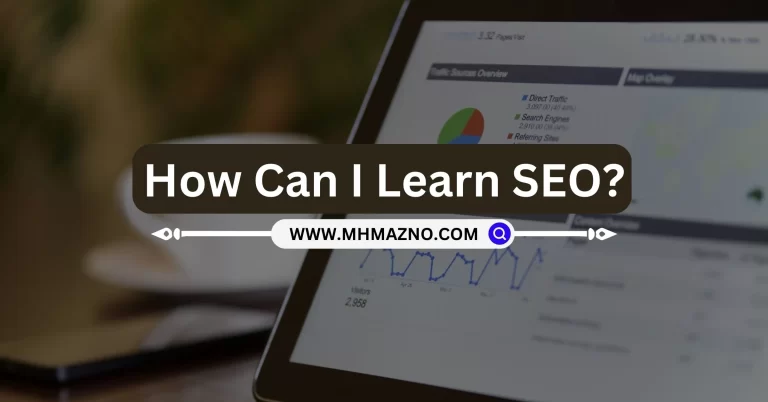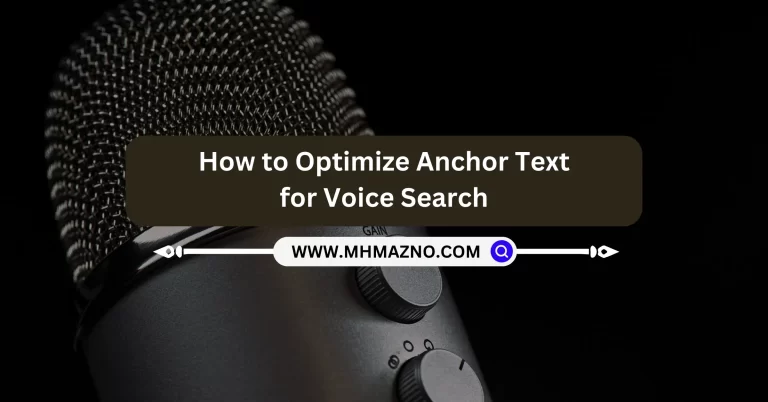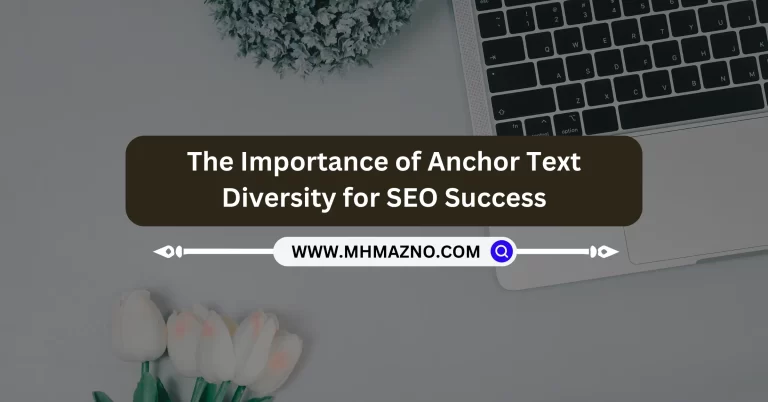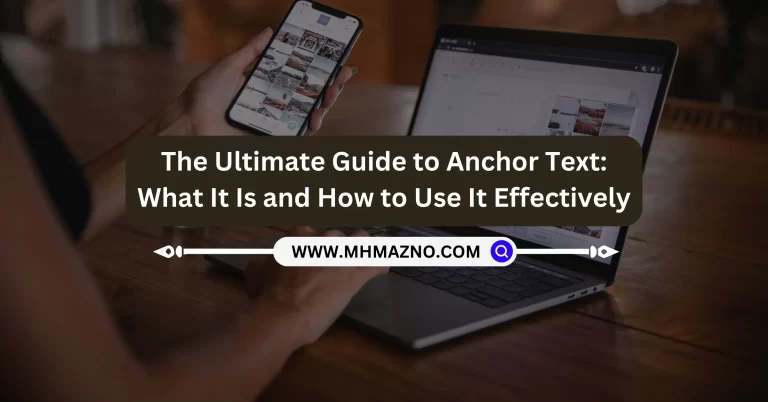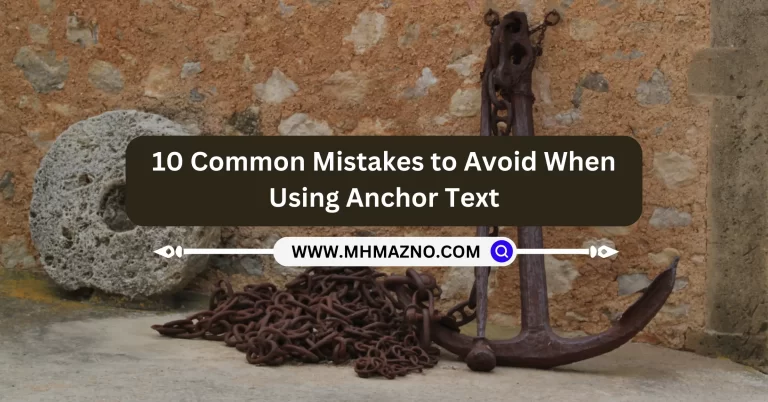Search Engine Optimization (SEO) is the practice of improving the ranking of a website on search engines like Google. Here are some steps you can follow to learn SEO:
-
Start by understanding how search engines work. Search engines use algorithms to crawl the web, index pages, and rank pages based on relevance and quality. You can learn more about how search engines work by reading resources like the Google Search Engine Optimization Starter Guide.
-
Learn about the different types of SEO. There are two main types of SEO: on-page SEO and off-page SEO. On-page SEO refers to the factors on your own website that you can optimize, such as the content and HTML source code. Off-page SEO refers to the factors that occur outside of your website, such as backlinks from other websites.
-
Familiarize yourself with the elements of a well-optimized website. There are several factors that can affect your website’s ranking on search engines. These include the quality and relevance of your content, the structure and organization of your website, the presence of keywords in your content and website metadata, and the quality and quantity of backlinks from other websites.
-
Learn about keyword research and how to use keywords effectively. Keywords are the terms that people use when searching for information online. By researching and using relevant keywords in your website’s content, you can improve your website’s ranking on search engines.
-
Stay up to date with the latest SEO trends and best practices. SEO is an evolving field, and it’s important to stay up to date with the latest trends and best practices. You can do this by reading industry blogs and attending SEO conferences and meetups.
why it takes time to learn SEO
There are several reasons why it may take time to learn SEO:
-
SEO is a complex field with many different aspects to consider. There are many different factors that can affect your website’s ranking on search engines, and it can take time to learn about all of them and how they work together.
-
SEO involves a lot of experimentation and testing. In order to determine what works and what doesn’t, you will likely need to try out different strategies and techniques and see how they perform. This can take time and requires patience.
-
SEO is an evolving field. Search engines regularly update their algorithms, and what works today may not work tomorrow. In order to stay up to date with the latest trends and best practices, you will need to invest time in learning and staying current.
-
SEO requires a lot of practice. In order to become proficient at SEO, you will need to practice implementing what you have learned on your own website or on a test website. This will allow you to see the effects of your efforts and learn from your mistakes.
Benefits/Advantages
Learning SEO has numerous benefits, including:
- Increased Website Visibility: By improving search rankings, you make your website easier to find, attracting more visitors.
- Higher Quality Traffic: SEO attracts people actively searching for information related to your business, which often leads to better engagement.
- Cost-Effectiveness: Unlike paid advertising, organic SEO provides long-term value.
- Competitive Edge: Effective SEO helps you stay competitive in search rankings, even in a saturated market.
- Improved User Experience: Many SEO techniques, like improving page speed and mobile optimization, lead to a better user experience overall.
Common Mistakes/Challenges and Solutions
| Mistake/Challenge | Description | Solution |
|---|---|---|
| Overlooking Keyword Research | Not understanding which keywords your audience searches for | Use tools like Google Keyword Planner and Ahrefs to research relevant keywords |
| Ignoring Mobile Optimization | Failing to make websites mobile-friendly | Ensure your website uses responsive design and optimize page load speed |
| Poor Quality Content | Content that lacks relevance or value | Focus on creating in-depth, valuable content tailored to your audience’s needs |
| Not Tracking Performance | Neglecting to monitor metrics and adjust strategies | Regularly use Google Analytics and Search Console to track and improve performance |
| Overusing Keywords | Keyword stuffing that may lead to penalties | Use keywords naturally and focus on creating helpful, informative content |
Timeline
| Phase | Duration | Description |
|---|---|---|
| Keyword Research | 1-2 Weeks | Identifying target keywords and understanding audience intent |
| On-Page Optimization | 2-4 Weeks | Optimizing website content, metadata, and structure |
| Off-Page SEO | 1-6 Months | Building backlinks and improving external factors |
| Performance Tracking | Ongoing | Continuously monitoring and adjusting strategies based on metrics and analytics |
Expert Quotes
“SEO isn’t about gaming the system anymore; it’s about learning how to play by the rules.” – Neil Patel
“Good SEO starts with the user. If you give them what they’re looking for, search engines will reward you.” – Rand Fishkin
Recommended Reading/Further Study
| Book Title | Purchase Link |
|---|---|
| “SEO 2024” by Adam Clarke | Click to Buy |
| “The Art of SEO” by Eric Enge | Click to Buy |
| “SEO For Dummies” by Peter Kent | Click to Buy |
Overall, learning SEO takes time and dedication, but it can be a rewarding and valuable skill to have. By investing time and effort into learning SEO, you can improve the ranking and visibility of your website on search engines, which can ultimately lead to more traffic and business.
Related Articles




